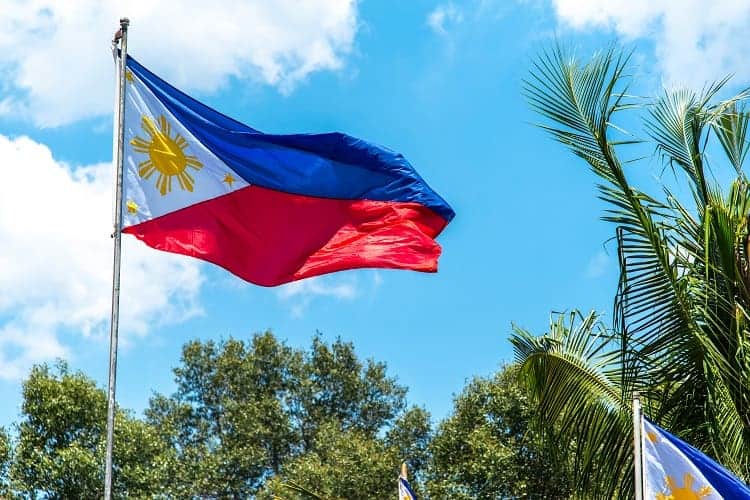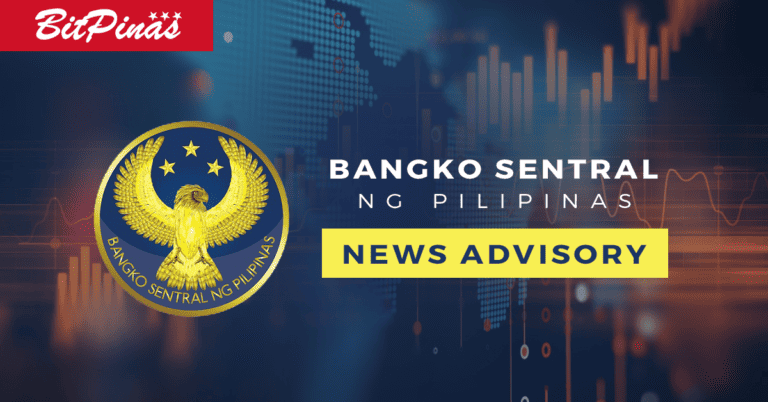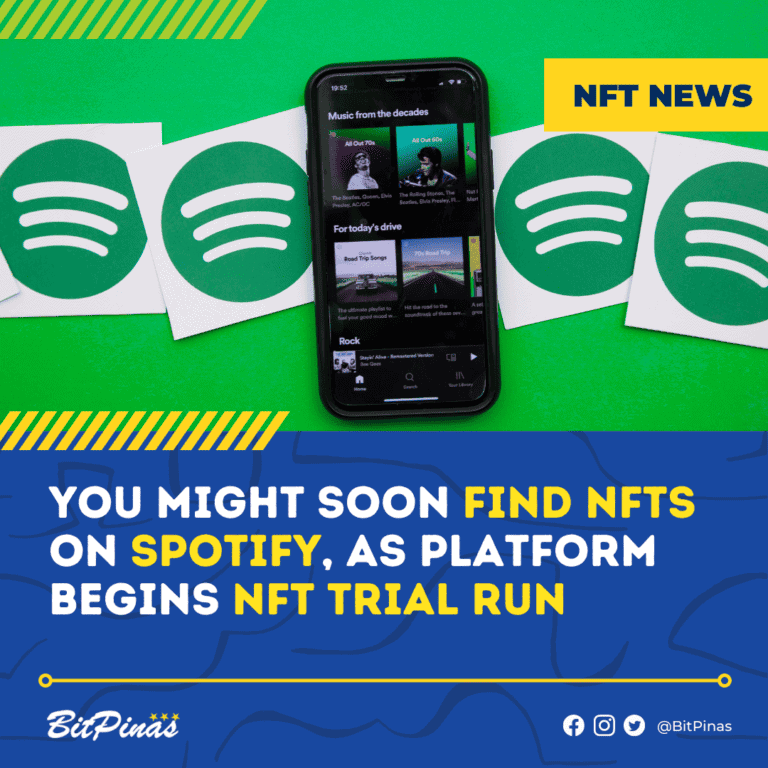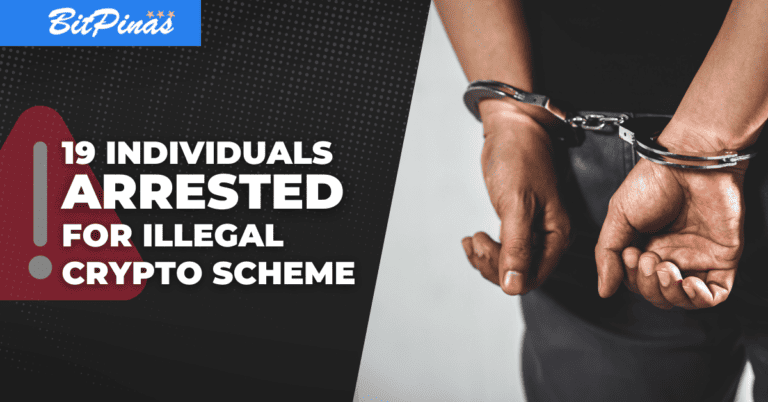Philippines CEZA to Create Code of Conduct for Crypto Locators
Self Regulating Organizations will give CEZA insights that will help the regulator effectively regulate the crypto companies within its jurisdiction.

October 30, 2018. The Cagayan Economic Zone Authority aims to establish a Code of Conduct for cryptocurrency company locators to make sure regulations in the economic zone are kept in check.
Code of Conduct Planned
During the ceremony in which CEZA formally awarded a principal offshore crypto license to Asia Premier International, CEZA administrator & secretary Raul Lambino revealed that the agency is going to create a Code of Conduct for crypto company locators in the economic zone. The crypto company locators – called Self Regulatory Organizations (SROs) – since they are comprised of members engaged in the very industry, can provide insights to CEZA, which the agency can use to effectively regulate the companies in its jurisdiction.
Read More: Philippines CEZA Posted 212% Increase in Income is Due to Fintech and Crypto Licensing
CEZA has stringent procedures before companies can obtain the sought-after financial technology solutions and offshore virtual currency (FTSOVC) license. There are only 25 licenses up for grabs and more than 70 companies have applied. The background checks the agency does to the companies applying will ensure that these companies have the necessary technology in place to ensure that their operations are secure, and of course, to ensure that they will really do what they intend to do once they operate.
The Code of Conduct then, according to Sec. Lambino is “necessary as part of a broader strategy that will surely improve the effectiveness of regulation and market strategy” of CEZA to companies in its jurisdiction.
CEZA Provides Regulatory Sandbox
This move by CEZA is one of those rare instances in the world where a government agency is initiating the move to provide a regulatory sandbox for companies dealing with emerging technologies. According to Sec. Lambino, fintech startups around the world are “scrambling to find a regulator sandbox on which they could develop and test out their technologies”. The sandbox is necessary because more often than not, these technologies and the things they disrupt may not go hand in hand with existing regulations. A notable example is the Philippines wherein the Bangko Sentral ng Pilipinas (BSP) only has guidelines for companies engaged in virtual currency exchange. These particular guidelines embodied in the regulator’s memorandum circular no. 944 only concerns the direct conversion of crypto to fiat and does not cover order book style exchanges. Because CEZA is governing an economic zone, it can effectively create rules and guidelines for the economic zone as long as these rules do not violate Philippine laws. This is the reason why even if they allow the crypto locators to operate order book style exchanges as long as they are only servicing residents outside the Philippines.
Currently, CEZA has approved 17 offshore cryptocurrency exchange licenses. Among them are Golden Millenial Quickpay, Tiger Wheel, and Asia Premier. Additionally, regular licenses are given to 2 companies – Cezex and Univeron Venture Investment Limited.




